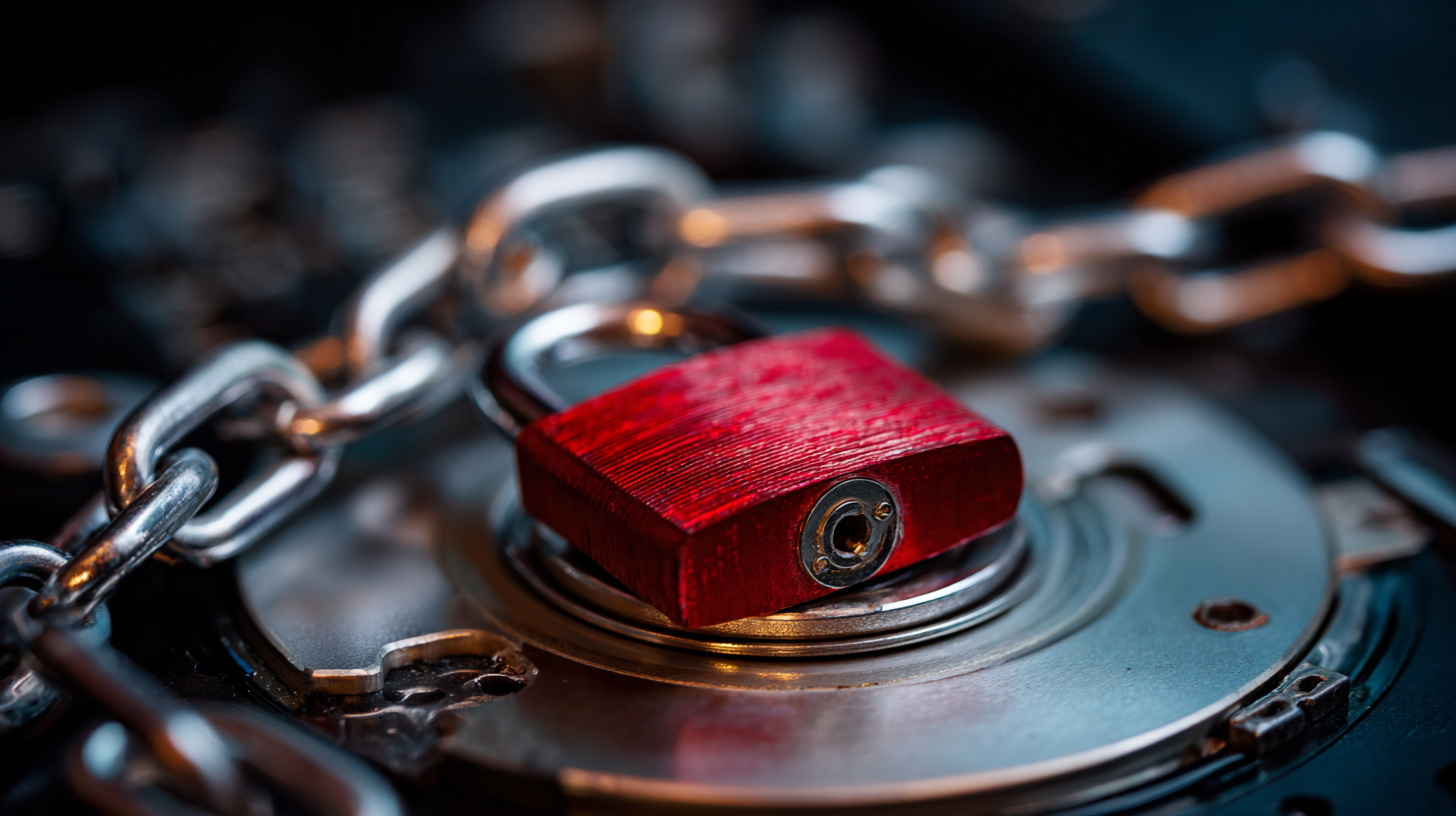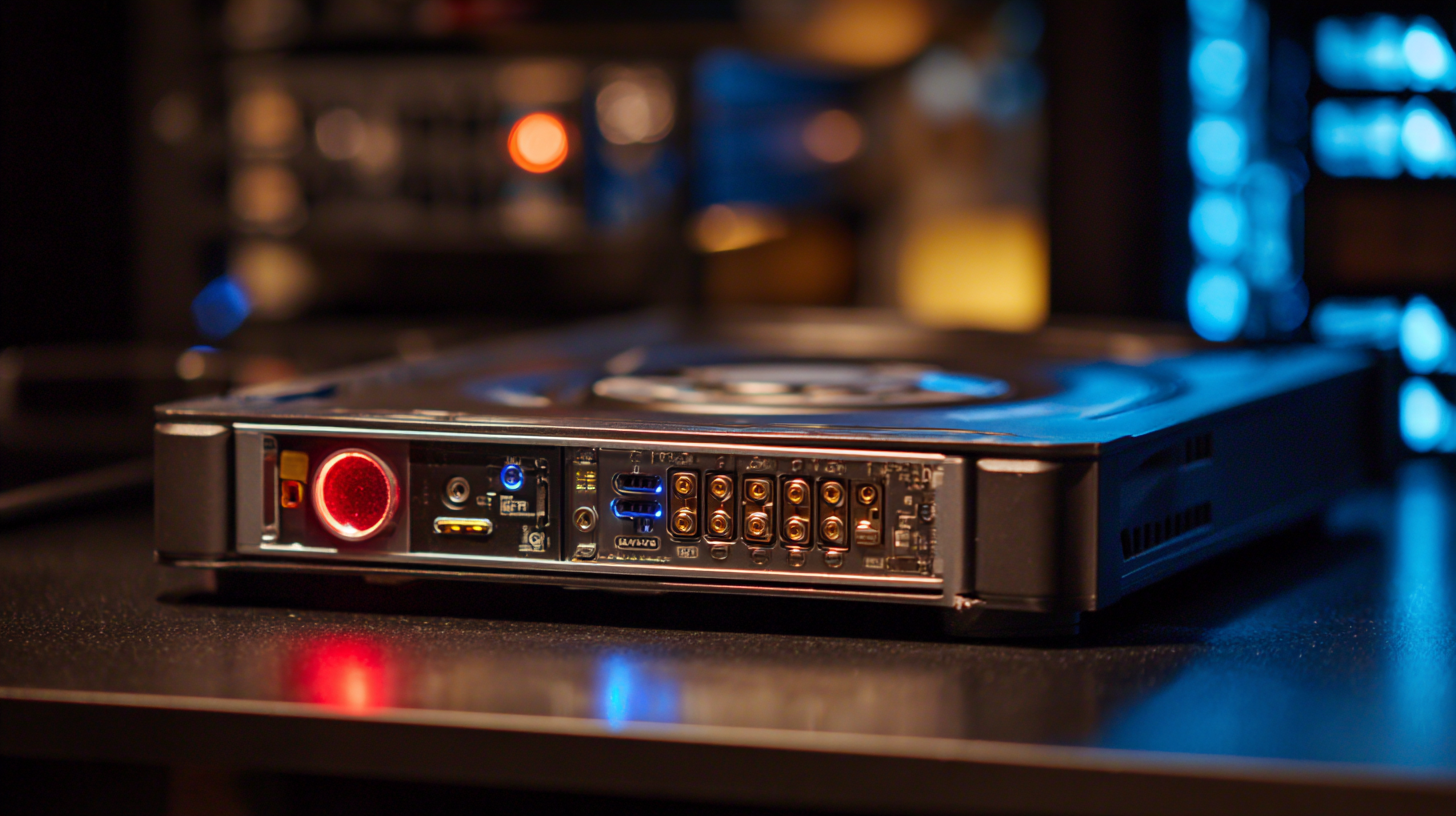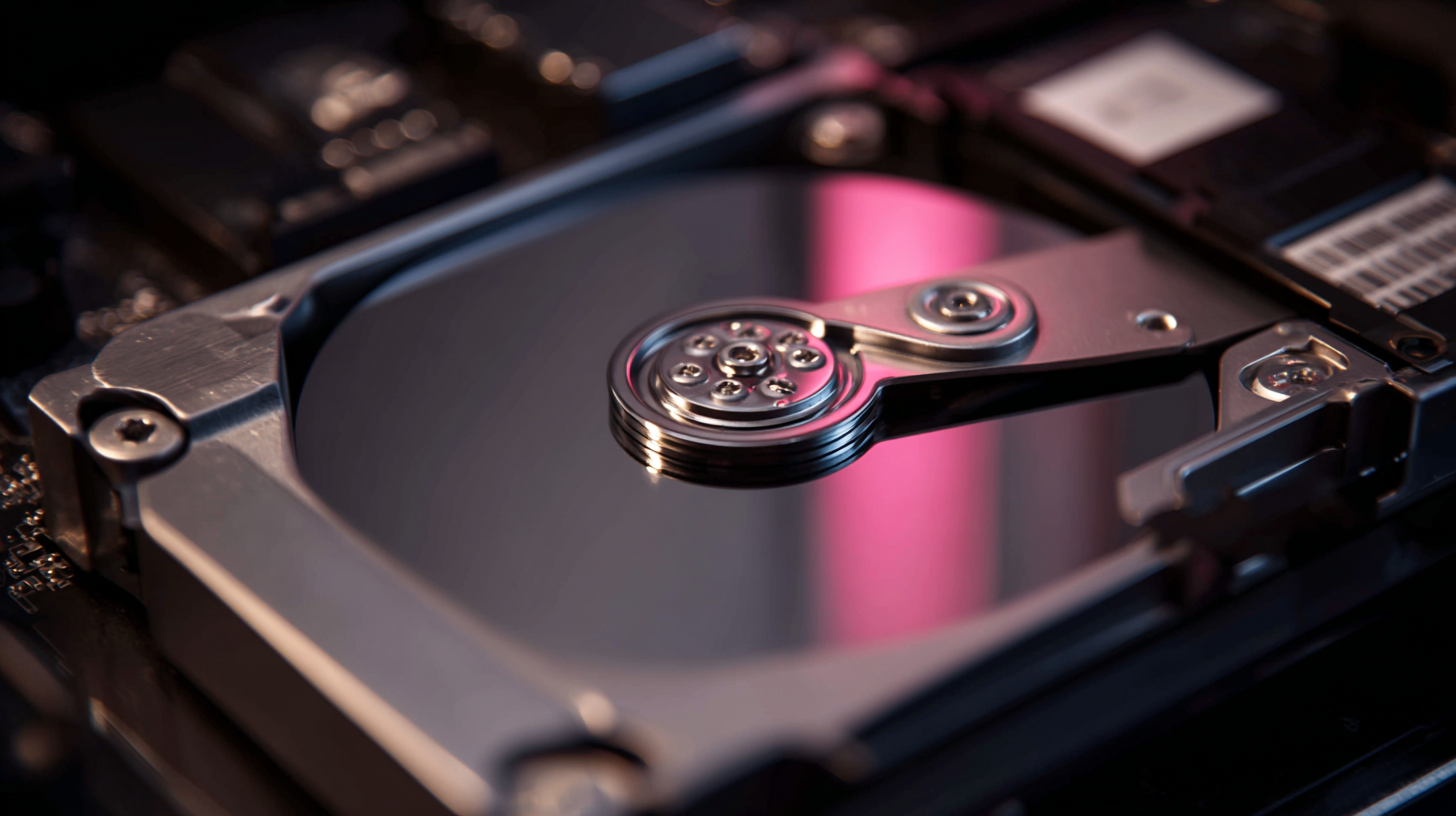Leave Your Message
In today's data-driven landscape, the significance of having a reliable NAS disk drive for home users cannot be overstated. According to a recent report by MarketsandMarkets, the global Network Attached Storage market is projected to reach USD 68.82 billion by 2026, reflecting an annual growth rate of 21.1%. This surge underscores the increasing reliance on digital storage solutions as households accumulate vast amounts of data from various devices. Furthermore, a study by the Ponemon Institute highlights that 60% of small to medium-sized businesses have experienced significant data loss, pointing to the critical need for robust backup and recovery systems. As personal data privacy concerns grow amid rising cyber threats, investing in a dependable NAS disk drive not only ensures data security but also provides seamless access and sharing capabilities within the home network.

In today’s digital age, the importance of data security cannot be overstated, especially in modern homes where personal devices and smart technologies are ubiquitous. Families are accumulating vast amounts of sensitive information, from financial records to cherished family photos. This makes them prime targets for cyber threats. As such, ensuring the protection of this data has become a fundamental concern in every household, leading to a greater need for efficient and reliable storage solutions.
A Network Attached Storage (NAS) disk drive provides an ideal answer to these security challenges. It not only offers ample storage for valuable data but also features advanced security protocols that safeguard against unauthorized access and data breaches. With the ability to create automatic backups, access files remotely, and maintain version histories, a NAS helps families prevent data loss while ensuring privacy. As our lives increasingly intertwine with technology, investing in a dependable NAS disk drive is not just a convenience; it is a crucial step toward safeguarding our digital lives.
Network Attached Storage (NAS) disk drives are specialized storage devices connected to a home network, allowing multiple users and devices to access and share data seamlessly. Unlike traditional external hard drives, NAS drives are equipped with their own operating system, enabling file sharing, media streaming, and data backup features. This means that files can be accessed from various devices such as computers, tablets, and smartphones, providing convenient and centralized data management.
The functionality of a NAS drive is largely based on its ability to integrate with home networks. Users can store large volumes of data, ranging from photos and videos to documents, without worrying about the limitations of individual devices. Additionally, many NAS systems offer advanced features like RAID configurations for data redundancy, ensuring that important files are protected against hardware failures. With remote access capabilities, users can also securely retrieve their data from anywhere, making NAS an essential solution for modern homes prioritizing data security and accessibility.
As digital data continues to grow exponentially, implementing a Network Attached Storage (NAS) drive is becoming increasingly essential for home data management. A reliable NAS drive provides users with a centralized location to store, manage, and access their data seamlessly. This is particularly vital for families with multiple devices, allowing everyone to share files easily while keeping everything secure. With the ability to back up important documents, photos, and media, a NAS drive ensures that valuable information is protected against potential data loss.
Moreover, the NAS market is projected to expand significantly in the coming years, reflecting a growing recognition of its benefits. Home users can enjoy enhanced data security features, including RAID configurations, which offer redundancy and the ability to recover data in case of drive failure. Additionally, NAS drives often come equipped with user-friendly interfaces, enabling effortless file sharing and synchronization across devices. This convenience, combined with the assurance of data protection, makes investing in a NAS drive an attractive option for anyone looking to organize and manage their digital life efficiently.

When selecting a reliable NAS (Network Attached Storage) device, several key factors should be prioritized to ensure optimal data security and accessibility. First and foremost, consider the storage capacity. Depending on your home’s data needs, it’s crucial to choose a NAS that can accommodate your current files while also allowing for future expansion. Look for models that offer multiple drive bays, enabling you to increase storage without replacing the device.
Another essential aspect to evaluate is the data protection features. A reliable NAS should support RAID configurations, which provide redundancy by duplicating data across multiple drives. This ensures that your information remains safe even if one drive fails. Additionally, inquire about built-in backup options and software that simplifies data recovery processes. Lastly, don’t overlook the importance of security protocols, such as end-to-end encryption and robust user access controls, to safeguard your sensitive information from unauthorized access.
This bar chart illustrates the key features that users consider when selecting a reliable NAS disk drive. The comparison highlights capacity, speed, redundancy options, and security features.
Maintaining and securing your NAS (Network Attached Storage) drive is essential for protecting your data from potential threats. First and foremost, implement strong passwords and enable two-factor authentication (2FA) when available. Avoid using default credentials and choose complex passwords that incorporate letters, numbers, and symbols. Regularly updating your passwords is also crucial, as it minimizes the chances of unauthorized access.
In addition to securing access, regularly conduct firmware updates for your NAS device. Manufacturers often release updates to patch vulnerabilities and enhance security features. It's imperative to keep your NAS software current to protect against cyber threats. Furthermore, consider setting up automated backups of your data to ensure that you have up-to-date copies stored elsewhere. This practice not only secures your information but also provides peace of mind in case of hardware failure.
Lastly, utilize encryption for sensitive files stored on your NAS. This adds an extra layer of protection, ensuring that even if data is accessed without authorization, it remains unreadable without the proper decryption key. Combining these best practices will ensure your NAS drive is not only a reliable storage solution but also a secure one, safeguarding your invaluable data.

